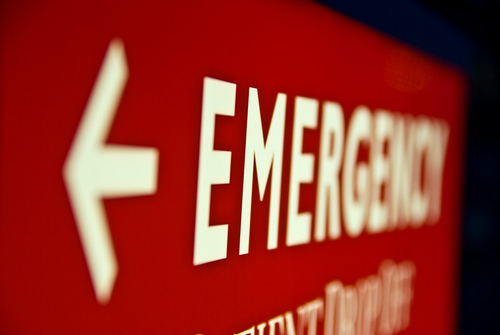Dental Emergencies For Adults
Dental trauma is physical injury to the teeth, lips, tongue, gums, and jawbone. Injuries require prompt treatment and at Portland Emergency Dentist we offer emergency services to quickly evaluate the extent of your injuries and provide the appropriate treatment to ease your pain. Come see, Our Doctors, our emergency dentist if you or your child has a dental emergency.
What Is Dental Trauma?
Dental trauma is a serious matter in most cases. It can occur in a heavy blow or injury to your mouth or face. If your gums, mouth, or teeth have gotten injured or suffered a massive shock, then you could be suffering dental trauma. At Portland Emergency Dentist we know the best way to heal your mouth from trauma, and we will do our best to keep your mouth protected!
It is important that you do not let dental trauma go unexamined. Dental trauma can happen at any point, and there are a few different types that have different ways of being healed.
Injuries that are considered to be dental trauma may include chipped, broken, fractured, dislodged, and knocked out teeth, including fractures of the socket wall. It also includes cuts to the mouth, lips, and gums, as well as a broken, fractured, or dislocated jaw.
How Is Dental Trauma Diagnosed?
What Are The Treatments For Dental Emergencies?
Toothache
Some of the most common emergency dental services include severe toothache. A toothache is quite a discomfort and can cause problems when eating and grinding food. A toothache can occur for many reasons. The most common is an infection, which will require a root canal to clean out the infected dental pulp.
Chipped or Broken Tooth
A chipped or broken tooth can also hurt. When you experience such a problem, you can rinse your mouth and apply pressure to prevent bleeding. A cold compress can also help prevent swelling. Consider also seeking emergency dentist services for better results.
If you chip or fracture your tooth, then we either reattach your broken piece or use a filling to repair the broken structure. If the damage is very severe, then we will place a crown on top of your tooth to cover most of the damage. Some fractures can damage the pulp inside of your teeth. If the damaged pulp is the case, we often give root canal treatments to repair your tooth further.
A Knocked-Out Tooth
If a tooth has been dislodged, it is considered to be a dental emergency. It will need to be seen in a timely manner. The periodontal ligaments that connect the jawbone and the tooth can survive for up to two hours, in the event that a tooth gets dislodged from the socket. The tooth will need to be kept in milk or in your mouth between the cheek and gum to keep it from drying out. Quick action and protecting the tooth can offer more of a change for the tooth's survival.
A knocked-out tooth can be saved, but there is only a short window of opportunity and so you must act fast and get to a dentist as soon as you can. There is a good chance that the tooth can survive if within five minutes of it being knocked-out you can put it in its socket. You must only handle the tooth by the crown (the part that is above the gum) rather than the root, so lick it clean if it is dirty and gently place it back in its socket, placing an absorbent piece of material over it, which you can bit down on gently to keep it in place.
If you are unable to put the tooth back in its socket, hold the tooth in your mouth, or place it in milk rather than water and get to the dentist immediately. If the tooth can be saved it will be stabilized with a splint. The tooth ligament should reattach to the jawbone after several weeks, after which further treatment may be required, such as a root canal, to ensure the health of your tooth.
Soft Tissue Injuries and Fractured Jaw
Soft tissue injuries or a broken jaw may require the assistance of an oral surgeon. In addition to providing repairs that present the best cosmetic outcome, care is required when dealing with facial nerves and other structures to ensure they are repaired or kept intact. A broken jaw will need to be stabilized, and since a plaster case cannot be placed on the face, this is achieved by other means, including wiring the jaws together. This technique has a good outcome and allows patients to regain full function of their jaw.
Preventing Dental Trauma And Emergencies
Get Seen By A Dentist Today
Dental trauma can be scary but needs to be addressed immediately. If you have suffered from dental trauma or experience a dental emergency, call us at (971) 274-2043 for a consultation with one of our professionals at Portland Emergency Dentist.


